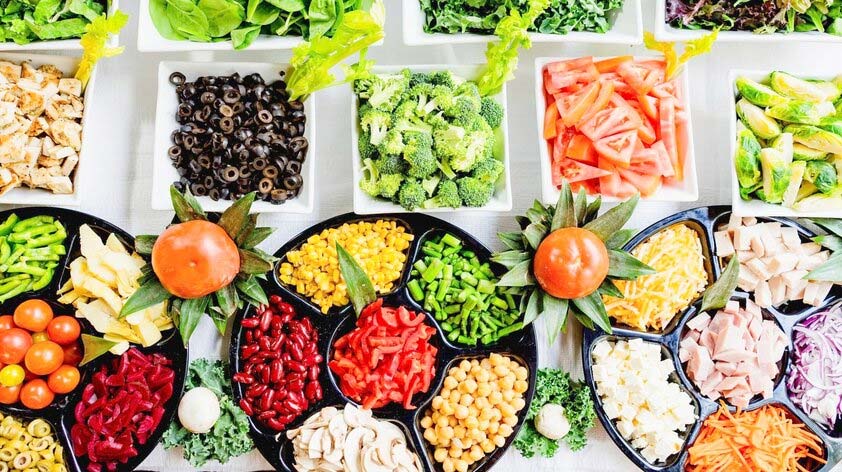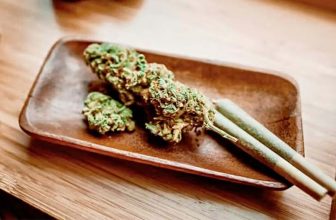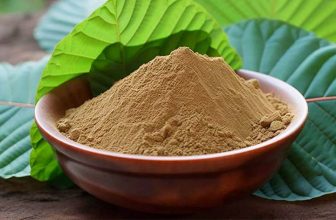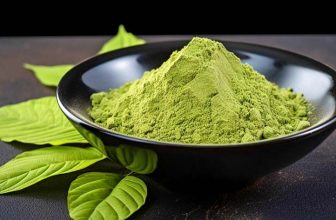
You use a lot of energy when you exercise, workout, or do any physical activity. The fuel sources in your body are depleted, causing your muscles to get sore and make you feel tired. If your energy levels are not replenished within 30-60 minutes, it can be harder for your body to recover. That’s why it’s important to make sure you eat some food after you exercise.
What you should eat after a workout will depend on the type of routine or training you’ve done, and its duration in line with what your ultimate goal is. That said, you should be aware of the foods and nutrients to consume to help your body recover so that you don’t compromise your main fitness goals. Here’s a rundown of Post-Workout Foods: Quickly Recharge Your Energy & Strength!
High-Glycaemic Carbs for Post-Workout Foods
Many people into working out seem to be jumping on the low-carb bandwagon. While it’s essential to some extent, cutting carbs may not be good all the time. Your body needs a certain amount of carbohydrates, especially after a high-intensity workout. Note that your muscles use both glucose (usable energy) and glycogen (stored energy) during exercise.
When this fuel is used up, the body produces cortisol, causing muscle breakdown. To reduce this cortisol level and rebuild your muscles, your body needs insulin. That’s why you have to consume carbs and post-workout foods. However, remember to choose carbs that are slightly higher up on the glycaemic index so that they are more rapidly digested.
High-glycaemic carbs may include the following:
- Breakfast cereals
- Rice
- Pasta
- Potatoes
- Pretzels and certain fruits
However, it’s worth noting that low-glycaemic carbs are essential before your workout. You would need less-digestible carbohydrate foods to sustain the energy that you need for your exercise. If you want to know more about the nutrients that’ll support you while working out, visit: https://barbend.com/best-pre-workout-supplements/ You can find out even more about pre-workouts here.
Muscle-Maintaining Proteins
Proteins are an essential part of every cell and tissue in the human body. Their primary function is to build and repair cells, including muscle cells. When the net protein balance in your body is positive, it results in the production muscle-mass, a major training goal for many. However, research shows that muscle protein turnover is at its greatest post-workout.
It is vital then that you get enough protein, especially after resistance training, where the muscle cells are potentially ‘micro damaged’. Proteins get broken down into amino acids, which supply the nutrients you need to build and repair muscles. In fact, failing to eat after your workout may limit protein synthesis and, in turn, hinder the very muscle tissue development you’re striving so hard to build!
You can get protein in relatively high concentrations in the following foods:
- Meat, poultry, and fish
- Dry beans and peas
- Eggs
- Nuts and seeds
- Milk and dairy products
Antioxidant-Rich Foods
Physical exercises and workouts bring with them a host of benefits, such as reducing the risks of a variety of diseases. But unknown to many people, if not done properly, can induce free radicals, which cause oxidative stress and inflammation. The good news is that taking antioxidants can help ‘mop up’ harmful effects.
Since your body’s antioxidant defences can be depleted even with moderate exercise, it’s important to fill up with antioxidant-rich foods post-workout. Foods that contain high amounts of antioxidants can help lessen cellular damage caused during exercise.
These foods are rich in antioxidants:
- Cacao powder
- Blueberries
- Bananas
- Whole-grain foods
- Vegetables and other fruits
Low-Calorie Snacks
You probably know the importance of counting your calories and tracking the energy you burn during a workout. After burning many calories in your exercise or training, you might not feel like you want to ingest more calories. Often, many people skip eating meals or snacks because of that, but it’s actually not a good habit.
Even after your workout, your body continues to burn calories. In order to get back to its resting metabolic rate, you need to maintain a certain amount of calorific fuel. Ideally, you have to eat enough calories to equal 50 percent of what you burned during your workout. For instance, if you burned 800 calories, aim to eat 300 calories post-exercise, so as not to fall too far into the red.
If you want to maintain the appropriate calorie range for your body without undoing the amount you burned.
Here are some good, low-calorie post workout food snack choices:
- Apple with peanut butter
- Greek yogurt with berries
- Protein popcorn
- Rice cakes with boiled eggs
- Tuna on wheat bread
An effective workout isn’t just about the type of exercise and the length of time you’re doing it for, but also about eating the right type and amount of post-workout foods. While it’s common for many people to skip their meals after their workout session, doing so may do more harm than good. Always keep in mind that your body needs time and fuel to recover after any high-exertion physical activity.
What post-workout foods do you find most effective? Let us know in the comments below and join in the conversation on Facebook, Twitter & Instagram!









